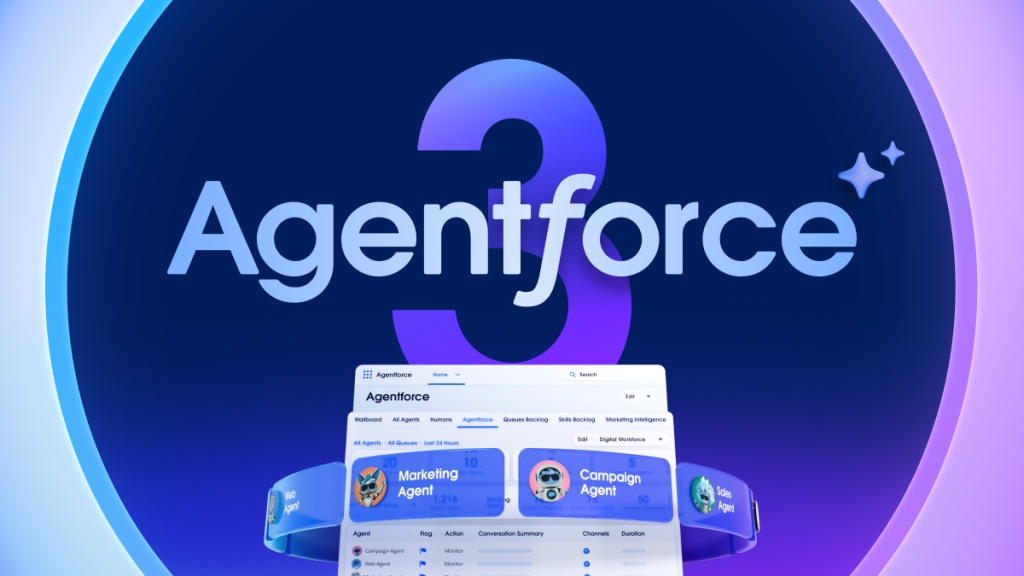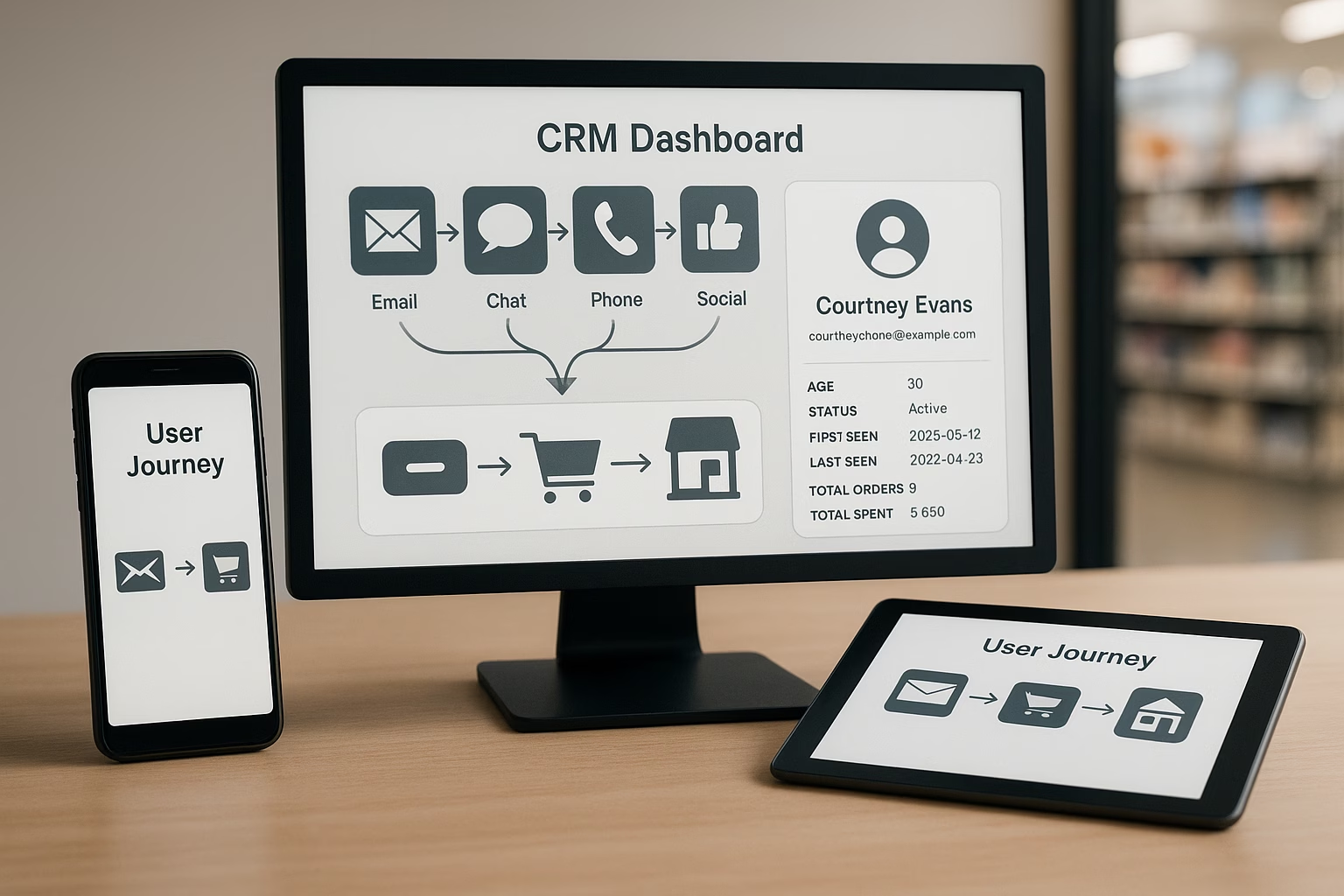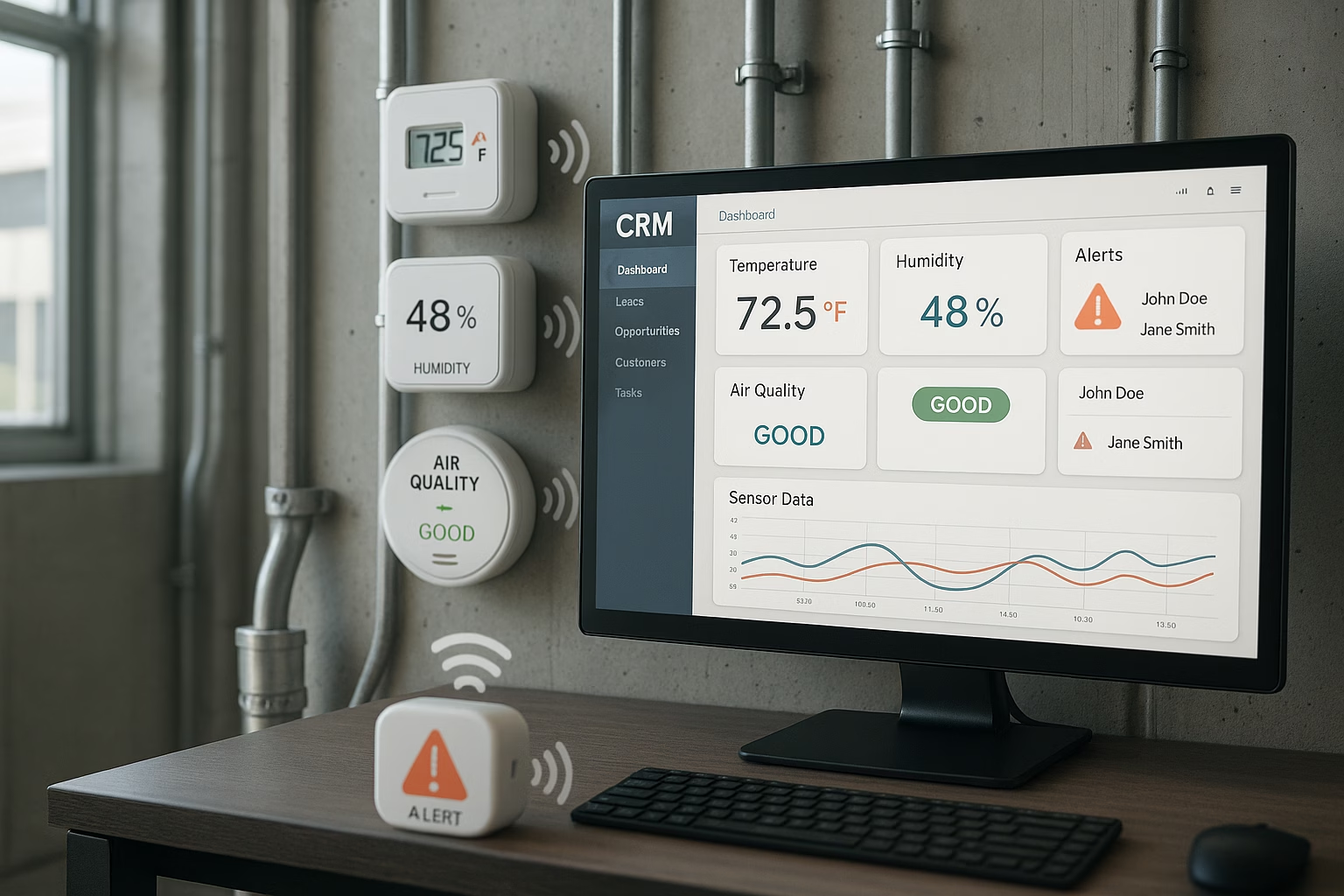Smarketing, a portmanteau of “sales” and “marketing,” refers to the strategic alignment and collaboration between sales and marketing teams within a business. This approach emphasizes breaking down silos between the two departments and fostering a unified front to achieve common goals. In the context of CRM (Customer Relationship Management), Smarketing plays a crucial role in optimizing the customer journey and driving revenue growth. Here’s how:
Enhanced Lead Generation and Qualification:
- Shared Lead Definitions: Smarketing ensures both teams have a clear understanding of what constitutes a qualified lead, preventing misalignment and wasted effort.
- Collaborative Lead Scoring: By combining marketing’s insights on lead behavior with sales’ knowledge of deal cycles, teams can accurately assess lead potential.
- Efficient Lead Handoff: Seamlessly transferring qualified leads from marketing to sales with relevant context and insights streamlines the process.
Improved Customer Experience:
- Consistent Messaging: Smarketing ensures that both sales and marketing deliver consistent messaging across all customer touchpoints, building trust and brand loyalty.
- Personalized Communication: By leveraging CRM data, teams can tailor communications to individual customer preferences, enhancing engagement and satisfaction.
- Proactive Customer Support: Smarketing enables proactive identification of customer needs and potential issues, allowing for timely and effective support.
Data-Driven Decision Making:
- Shared Data Repository: CRM serves as a central hub for both sales and marketing data, enabling data-driven insights and informed decision-making.
- Performance Tracking: Key metrics like lead conversion rates, customer acquisition costs, and customer lifetime value are tracked collaboratively to measure success.
- Continuous Optimization: By analyzing data, teams can identify areas for improvement and refine their strategies to maximize results.
Key Benefits of Smarketing in CRM:
- Increased revenue and improved sales performance
- Enhanced customer satisfaction and loyalty
- More efficient use of resources and budget
- Stronger alignment and collaboration between teams
- Data-driven decision-making and continuous improvement
By embracing Smarketing principles and leveraging CRM technology, businesses can create a more cohesive and effective customer journey, leading to sustainable growth and success.










